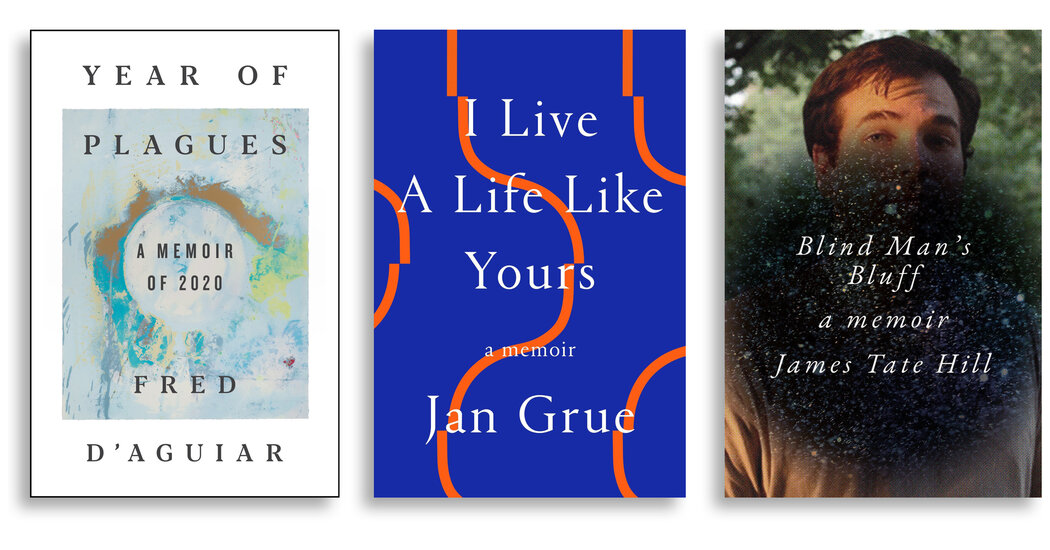
Cancer mocks D’Aguiar by telling him he’s just interested in getting his name on the front of a book. Cancer calls out “that ridiculous stationary bike of yours.” I’m happy to report that “Year of Plagues” ends on a cautiously upbeat note. Cancer’s had to pipe down.
Grue is a Norwegian writer and academic who owns a shrewd, stern, pared-down prose style. His book details a life spent largely in a wheelchair, though he can walk a bit, while dreaming of freedom of motion and escape from reliance on, and the gazes of, others.
Grue, who is 40, is the child of well-known academics in Oslo. He had a privileged childhood in many ways. He was told when young that his disease was progressive, and that it would only get worse. Thankfully, this turned out not to be true. But he details a childhood spent sitting in cold doctors’ offices shivering in his underwear, wearing painful leg braces at night and trying to fit in.
He fell often, and could not catch himself. For a while, on the playground, he wore a padded blue helmet. He writes, excellently: “There are worse things than hitting your head, one of which is to be a child who is always walking around with a helmet on.”
Grue is married and has a child. His body is weak but he largely lives, as his title has it, “a life like yours.” He writes exceedingly well about his desire not to be too polite, not to be a pushover, while realizing that, as he puts it, “you cannot live in an uninterrupted battle with the entire world.” He is candid about his peppery feelings, his “hostile impulses, discomfort, ill-will.”
Grue is helplessly epigrammatic: “Diagnosis is not fate”; “Even one who is weak may despise weakness”; “The gaze of others is disciplinary”; and, brilliantly, “The search for a higher purpose can also be an attempt to flee.”
“A Life Like Yours” is a quietly brilliant book that warms slowly in the hands. A bonus is the author’s writing about clothing. Grue learns to pay attention to style and cut. He becomes a bit of a dandy.




